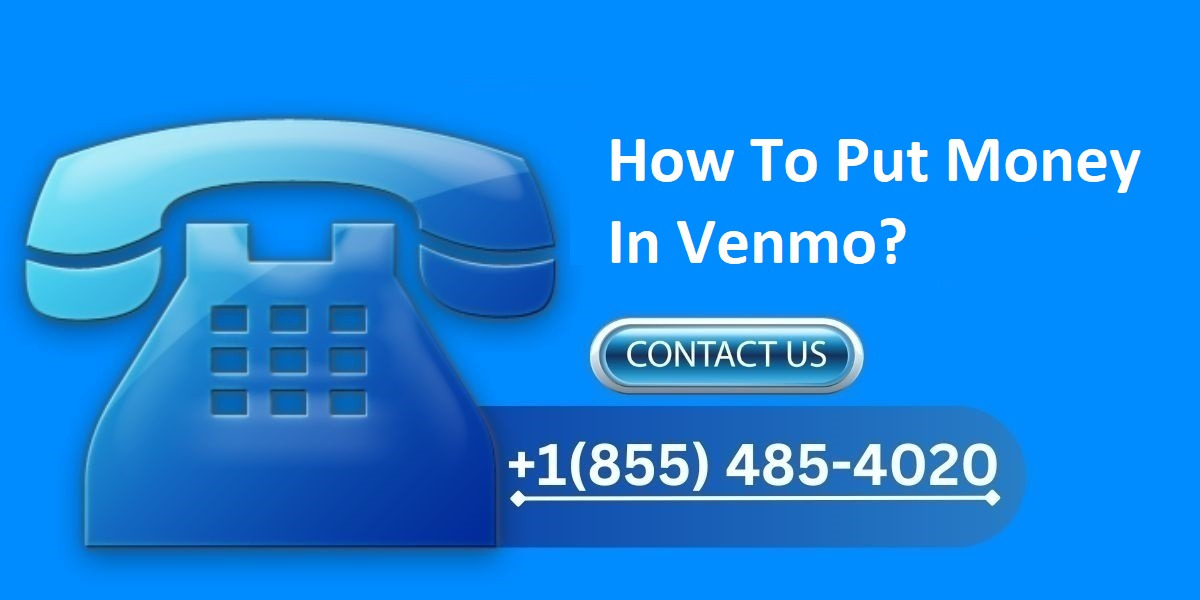Are you tired of carrying cash or writing checks to pay your friends back? Look no further than Venmo, the popular mobile payment app that simplifies transactions between individuals. With just a few clicks on your phone, you can transfer money quickly and securely. In this article, we will guide you through the process of how to put money in Venmo so that you can start sending payments to friends and family with ease. Whether it's splitting the bill at dinner or paying rent, Venmo has got you covered!
What is Venmo? How does Venmo work?
Venmo is a mobile payment app that allows users to send and receive money instantly, making it incredibly convenient for transactions between friends. The app is owned by PayPal and has been popularized among millennials as a way to split bills or pay back friends quickly and easily.
To use Venmo, you must create an account with your phone number or email address. Once you've done this, simply link a bank account or debit card to transfer funds in and out of the app. You can also use Venmo's balance feature which allows you to store money within the app itself.
When sending money through Venmo, you have various options such as selecting who the payment is for and including notes or emojis with each transaction. Additionally, on the home screen of the app, there's a social feed where users can view their friends' payments publicly (unless set to private).
Venmo streamlines person-to-person payments by providing its users with an easy-to-use interface that simplifies banking activities while adding some fun to them!
How do I put money on Venmo?
To put money on Venmo, the first step is to link a funding source such as a debit card or bank account. This can be done by navigating to the "Settings" section and selecting "Payment Methods." From there, select either "Add Debit or Credit Card" or "Add Bank Account," depending on which type of funding source you want to use.
Once your funding source is linked, you can add money to your Venmo account by selecting the option labeled "Add Money." You will then be prompted to enter the amount you wish to add and confirm your transaction details before submitting.
It's important to note that while Venmo does allow users to transfer funds from their PayPal balance, it does not currently support adding funds directly from cash deposits or other third-party payment platforms.
Additionally, there are fees associated with using certain types of funding sources. For example, if you choose to fund your Venmo account using a credit card instead of a bank account, you may incur a 3% fee on top of any applicable interest charges. Be sure to review these fees carefully before making any transactions on Venmo.
Can I put cash directly into my Venmo account?
One of the most frequently asked questions about Venmo is whether you can put cash directly into your account. Unfortunately, the answer is no. Venmo does not have a direct cash deposit option as it operates entirely on a digital platform.
To add funds to your Venmo account, you'll need to link it to a bank account or credit/debit card. This way, you can transfer money electronically either from your bank account or through the use of your card.
While this may seem like an inconvenience for those who prefer using physical currency, it's essential to note that using Venmo provides various benefits such as convenience and security. Nevertheless, if you're looking for ways to add cash to your Venmo balance straight away, some retailers allow users to purchase reload cards and add them manually via their app.
While adding cash directly to your Venmo account may not be possible at this time due to its digital nature; there are still several other options available that offer ease and flexibility when topping up your balance.
Are there any fees associated with putting money on Venmo?
When it comes to putting money on Venmo, users may wonder if there are any fees involved. The good news is that adding funds to your Venmo account from a linked bank account or debit card is free of charge. However, be aware that if you use a credit card to add funds, Venmo charges a 3% fee.
It's important to note that while adding money doesn't come with fees, sending and receiving payments through the app does incur charges in some cases. If you send money using a credit card or non-linked debit card, there's also an additional 3% fee.
Another thing to keep in mind is that transferring money from your Venmo balance back into your linked bank account takes one business day and incurs no fees. However, if you need faster access to your funds and choose the instant transfer option, there's a small fee of 1% (with a minimum of $0.25 and a maximum of $10).
When it comes to adding money to your Venmo account and utilizing its services for transactions, keeping tabs on potential fees can help ensure you're not caught off guard by unexpected costs later on.
Is there a limit on how much money I can put on Venmo?
When it comes to putting money on Venmo, you may wonder if there's a limit. The answer is yes, there is a limit.
The good news is that the limit can vary depending on several factors such as your account type and verification level. For unverified accounts, the maximum amount of money you can put into Venmo in a week is $299.99. If you have a verified account, however, this weekly limit increases up to $4,999.99.
It's essential to note that these limits apply only when adding funds directly from your bank account or debit card onto Venmo; other transactions may have different limits.
Moreover, some users may be subject to additional limitations based on their usage history or risk profile determined by Venmo's algorithms.
While there are limits when putting money in Venmo directly from your bank account or debit card – they're relatively generous and flexible for most users with verified accounts.
How long does it take for money to appear in my Venmo account?
One of the most common questions that people have when using Venmo is how long it takes for their money to appear in their account. The answer is that it depends on the method you're using to transfer funds.
If you're transferring money from your bank account, it can take anywhere from one to three business days for the funds to show up in your Venmo balance. This delay is due to the time required for banks to process transactions.
On the other hand, if you use a credit or debit card instead of your bank account, your transaction will be processed instantly and should appear in your Venmo balance immediately. However, keep in mind that there may be fees associated with using a credit card for transfers.
It's also important to note that if you receive payments from others through Venmo, those funds will typically appear in your account immediately after they are sent. This makes it easy and convenient for friends and family members to quickly send each other money without having to wait several days before accessing those funds.
While there may be some delays depending on the payment method used, users can generally expect their Venmo balances to reflect transferred amounts within just a few days at most.
Is my money safe on Venmo?
In summary, putting money on Venmo is a quick and easy process that can help simplify your financial transactions. Whether you're looking to split expenses with friends or pay for goods and services online, using Venmo can be a convenient option.
It's important to note that like any financial platform, there are risks associated with using Venmo. However, by taking steps to protect your account and being mindful of potential scams or fraud attempts, you can enjoy the benefits of this popular payment app with peace of mind.
If you're wondering how to put money in Venmo, rest assured that it's a straightforward process that can make managing your finances easier than ever before.


